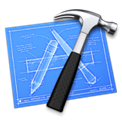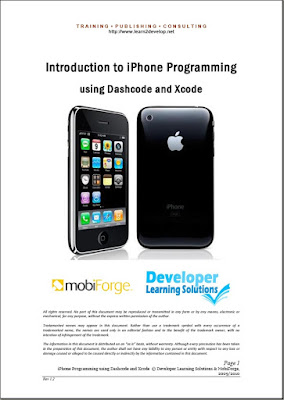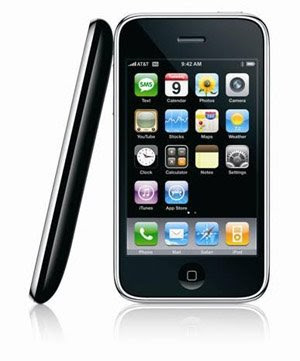
Android is Google’s operating system for mobile devices. Using the Android SDK, developers can develop applications on the Android platform using the Java Programming language. In this course, participants will learn the various techniques to program their Android devices.
Note: Covers the latest Android 1.6 "Donut" SDK.
This feature-packed course will show you how to get started in Android development, right from the start till deployment.
Topics
· Setting up the development environment using Eclipse
o Installing the ADT plug-in
o Configure the Android SDK
· Using the Android Emulator
o Configuring the emulator
o Tips and Tricks using the emulator
· Understanding Activities, Views, Intents, and Content Providers
· Building the UI of an Android Application
· Error Logging using the Eclipse IDE
· Using the Notification Manager
· Persisting data
· Using Google Maps
· Sending and receiving SMS messages
· Using the built-in camera
· Creating Services
· Downloading files using HTTP GET and POST
· Location based services using GPS and CellID
· How to deploy Android applications
 Today's 我报 had an interesting article on the future of companies developing for the AppStore.
Today's 我报 had an interesting article on the future of companies developing for the AppStore.



































 This is your last chance to enrol for the upcoming C# 3.0 Programming (22-24th June 2009) course.
This is your last chance to enrol for the upcoming C# 3.0 Programming (22-24th June 2009) course.




